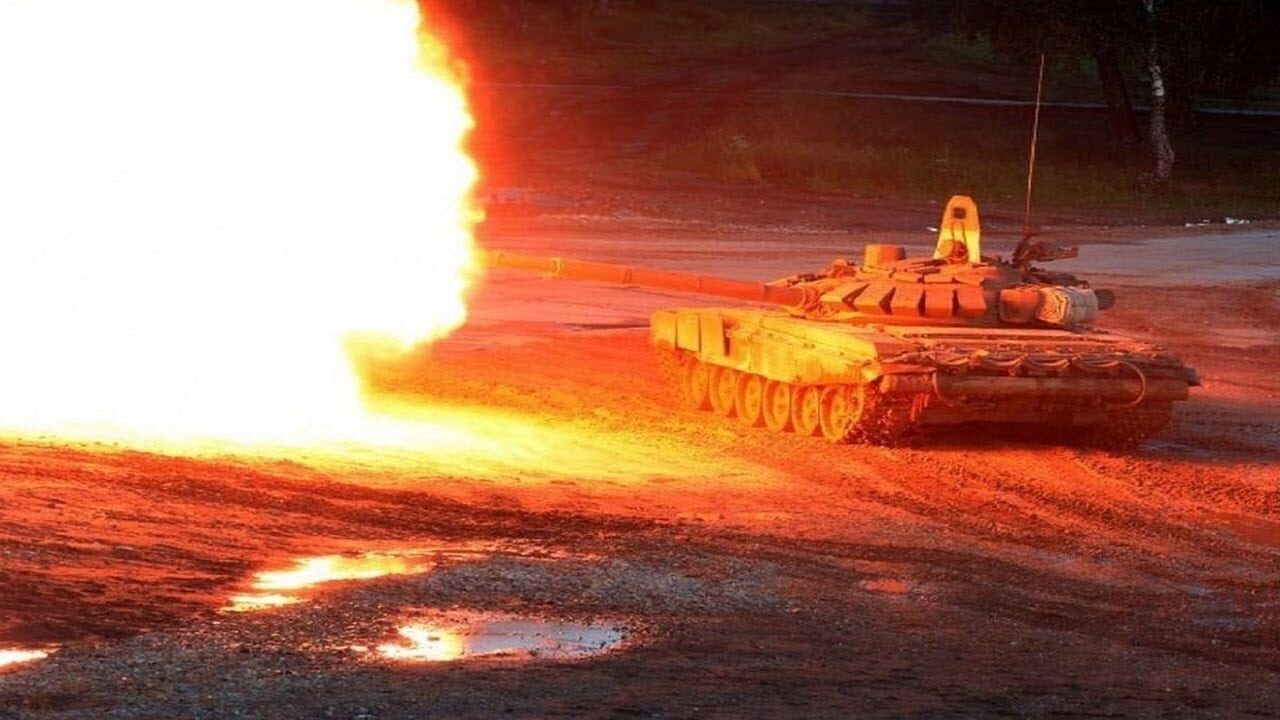The sanctions against Vladimir Putin’s Russia have surprised the world with their swiftness and strength. However, their impact on Russia is likely to last long past Putin’s war against Ukraine. Russia could be witnessing the start of a deep economic crisis—and the country’s submergence into a new Chinese sphere of influence spanning Eurasia.
The sanctions’ immediate impact is serious. Russia’s oligarchs have fled the West. Their main concern now seems to be saving their property and financial assets. For example, Roman Abramovich has purportedly transferred the Chelsea Football Club into a charitable trust. However, even if they hide their wealth, the oligarchs will not be returning soon to their preferred overseas watering holes.
Much harder hit will be ordinary Russians. The ruble has plummeted to record lows, interest rates have doubled, and currency at retail banks is in short supply. Manufacturers, like Daimler, and western energy companies, like BP, ExxonMobil, and Shell, have announced that they are discontinuing operations in Russia. Boeing’s halt to spare parts will soon ground the 700 western-built aircraft on which Russia’s airlines rely. Sea cargo bookings to Russia have been suspended. EU companies that sell consumer goods to the Russian market have ceased exporting. Anybody who has seen the late night traffic jams of cargo trucks from the EU on the highways coming into Moscow will recognize that the supply chain cutoff is going to hurt Russian consumers badly.
Extended for any length of time, this new state of affairs either will throttle Russia’s economy—or it will place Moscow at the mercy of Putin’s supposed Eurasian partner, China.
Russia’s trade with China has boomed in recent years. In 2020, Russia’s exports to that country totaled some $49 billion, mainly commodities. The same year Russia’s imports from China were around $54 billion, mainly manufactured goods (including second-rate military hardware). China has not joined international sanctions against Russia. The bilateral trade between the two countries, which face one another along a 2,600-mile border, thus is poised to grow even more.
Russia’s strategists probably welcome increased trade with China. In the short run, it will make up for some of the losses sanctions have caused. However, in the long run, Russia will find itself in a strategic trap: China will be the only major market with which Russia can trade.
Ominous for Russia, China hints that it does not mind if Russia’s self-inflicted wounds only worsen. China’s semi-official Global Times does not endorse Russia’s invasion, but it gives hat-tips to Putin’s grievances over the eastern expansion of NATO and chides Ukraine for leaning west. This largely tracks a statement by China’s Foreign Ministry spokesman on February 28. More subtle signs also suggest what China might be thinking. Five prominent historians in China have signed a joint letter denouncing Moscow’s aggression. A letter from academics in the west is no reflection on the policy of western governments, but in China, such a letter might well be meaningful: China strictly regulates speech and written expression. It is intriguing that China has let these Chinese academics write and publish the joint letter. The point is not that China is preparing to denounce Moscow. The point, instead, is that China is moving toward a flexible strategic posture toward Russia, one that will allow China to exploit the vulnerabilities that Putin’s war against Ukraine has exposed and that are worsening by the day.
Much more ominous for Russia than quasi-state media articles or academic letters is China’s shift in diplomatic language. In a joint statement with Russia at the Beijing Olympics, China said the two countries enjoy a “friendship… without limits” and that there exist “no ‘forbidden’ areas of cooperation” between them. In the February 28 press conference, by contrast, the Foreign Ministry spokesman used classic Chinese official ambiguity. He called China and Russia “comprehensive strategic partners of coordination” in a relationship that “features non-alliance.” Given China’s sensitivity about naming things (recall the crisis when Lithuania used a “wrong” name to describe Taiwan), Russia should take particular note of the sudden reversal in tone. China is not minded to do Moscow any favors.
Perhaps most concerning from Moscow’s standpoint, two Chinese state-owned banks have started to restrict dollar-denominated letters of credit for purchases of Russian commodities. Reports suggest China conferred with Russia about the timing of Russia’s invasion—a further sign that Chinese strategic planners had gamed out possible outcomes carefully.
Putin and China’s President Xi find common cause against democracy and rule of law. China might give Russia short-term relief from the sanctions that Putin’s war in Ukraine has provoked. However, if Russia plunges further into isolation, Putin’s legacy will not be a restored Russian empire. It will be vassalage under Eurasia’s only superpower. Putin’s admirers should ask if this Chinese future for Russia is the one to which they aspire.
Thomas D. Grant served as Senior Advisor for Strategic Planning in the Bureau of International Security and Nonproliferation, U.S. Department of State, 2019-2021. He is the author of Aggression Against Ukraine: Territory, Responsibility, and International Law (2015).

